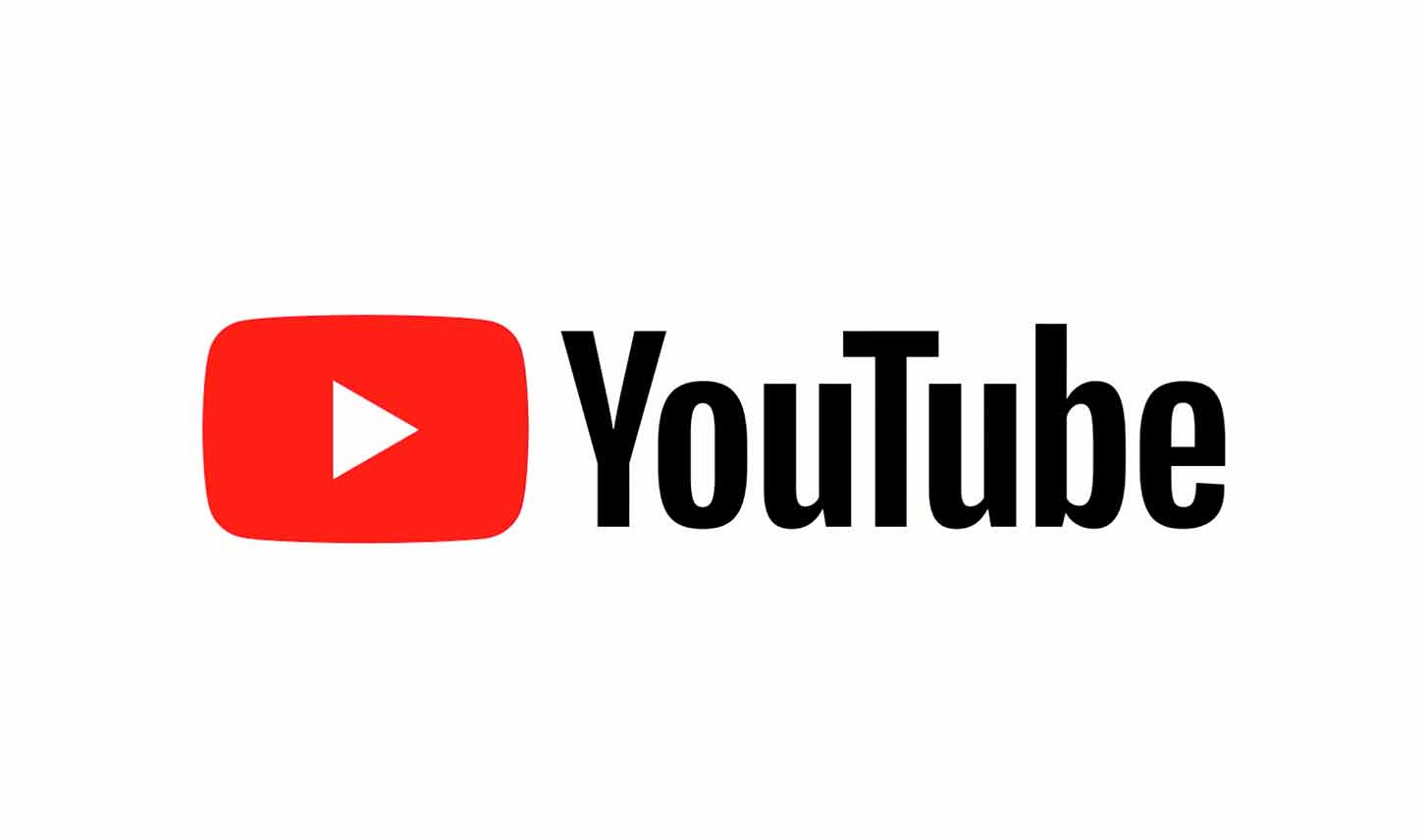"When I grow up, I want to be a YouTuber."

Today, I am proposing a post inspired by a sentence my wife recently wrote, who works with children in primary and nursery schools. When she asks what the children want to do later, the answer is often the same: YouTuber.
This article is written in collaboration with Julien Monrousseau, an operations analyst friend of mine, who is launching his little YouTube channel centered around video games.
YouTube, Star "2.0" creator

Why become a YouTuber? Quite simply because today they are the ones who are admired by the younger generations, continuously connected to social networks. Many already see themselves as the next Squeezie or Norman, but don't necessarily see the other side of the coin. YouTube has indeed made 2.0 stars, but how many have failed? How many have fallen into oblivion without success?
Many young people mistakenly think that being a YouTuber is easy, that all you have to do is talk about what you like and everyone will subscribe and make them stars. Yet the reality is different.
Having a dream is a good thing, and I would even say necessary to be able to evolve professionally, however, you also need to know what's behind this platform.
Drilling on YouTube, a far from easy task
Getting on YouTube is far from easy today, a few years ago there was less content available, so it was easier to get noticed. A YouTuber that starts today, must be able to stand out, and have content original enough to stand out from the crowd. In addition, you need tenacity, because acquiring subscribers is a slow process that takes time. I can easily draw a parallel with this blog, it's been almost 10 months since I started it, and I'm just starting to get regular visitors.
The problem is exactly the same as YouTube, nowadays, a lot of technical blogs exist, and you have to be able to make the most of it, either by the content, or the way you approach it.
"To be a YouTuber, I don't have to be good at school."

My wife has also heard this phrase several times. Yet a YouTuber newbie has many hats:
- Author: A YouTuber has to write his lyrics, in order to have interesting content...
- Editor: He must be able to edit his videos.
- Graphic designer : He must know how to make his graphic charter in order to be able to bring his identity simply in his videos.
- Actor: For me, a YouTube video is an actor's game, so you have to learn how to play a role.
- Entrepreneur: A YouTube channel, when it is its main income, is run as a business, as such it requires learning a lot of things, such as how to make declarations as a self-entrepreneur.
- Community Manager: To attract subscribers, it is necessary to ensure a presence on social networks to get people talking about your channel.
Why beginner? Simply because a lot of YouTubers often subcontract some of these actions when their channel grows.
The difficulty of producing content on a regular basis
Once again, even though I only run a blog, I'm in the same situation. In order to keep subscribers, it is necessary to produce quality content and regularly, not necessarily frequently, but with a clearly announced regular interval. For my part, I try to get into a dynamic of publishing as much as possible one article per week. Writing an article that can be read in a few minutes may seem simple, but you have to be aware that it is a task that can take several hours. Finding a topic can sometimes be just as complicated. Personally, I write down in drafts all the subjects I think about so that I have a list "available" in case I lack inspiration for a week. So I let you imagine what it takes to produce one video a week for example. Moreover, the other difficulty is to keep the quality of the videos constant, acquiring a subscriber is difficult, losing a subscriber is very simple, it only takes a video that is controversial to lose subscribers for example.
YouTubeur, a precarious job?

Popular YouTubers are often highlighted and their revenues are often very high. It is indeed common for them to earn several thousand or even tens of thousands of euros (or dollars) per month. Whether it's through advertising, number of views, or simply through sponsors.
However, we are not talking about small chains trying to break through, with very low incomes, sometimes below a minimum wage for a volume of work sometimes much higher than a full time job.
Nor do we talk about the pressure these YouTubers are under, the fact that they always have to make a minimum number of views per video, to ensure product placements while always taking the risk of advertising scams as has happened to many "influencers". Nor is any mention made of the number of YouTubers who ended up in burnout because of the amount of work they were doing without being able to break through, or the difficulty imposed by the right of reserve and the need for neutrality.
In conclusion
YouTube has helped create "2.0" stars who have managed to break through and today have varied and quality content. But YouTube has also created the opposite, people who have invested themselves in this network and got lost on it. I admit that I'm worried when I hear the younger generations have for many the ambition to be YouTubers. Once again, I'm not necessarily here to shatter dreams, as I myself am planning to create a YouTube channel soon, but rather to remind people that in the world of social networks, imposing oneself can sometimes be much more difficult than we think.
And what do you think about that? Feel free to react in the comments!




Comments ()